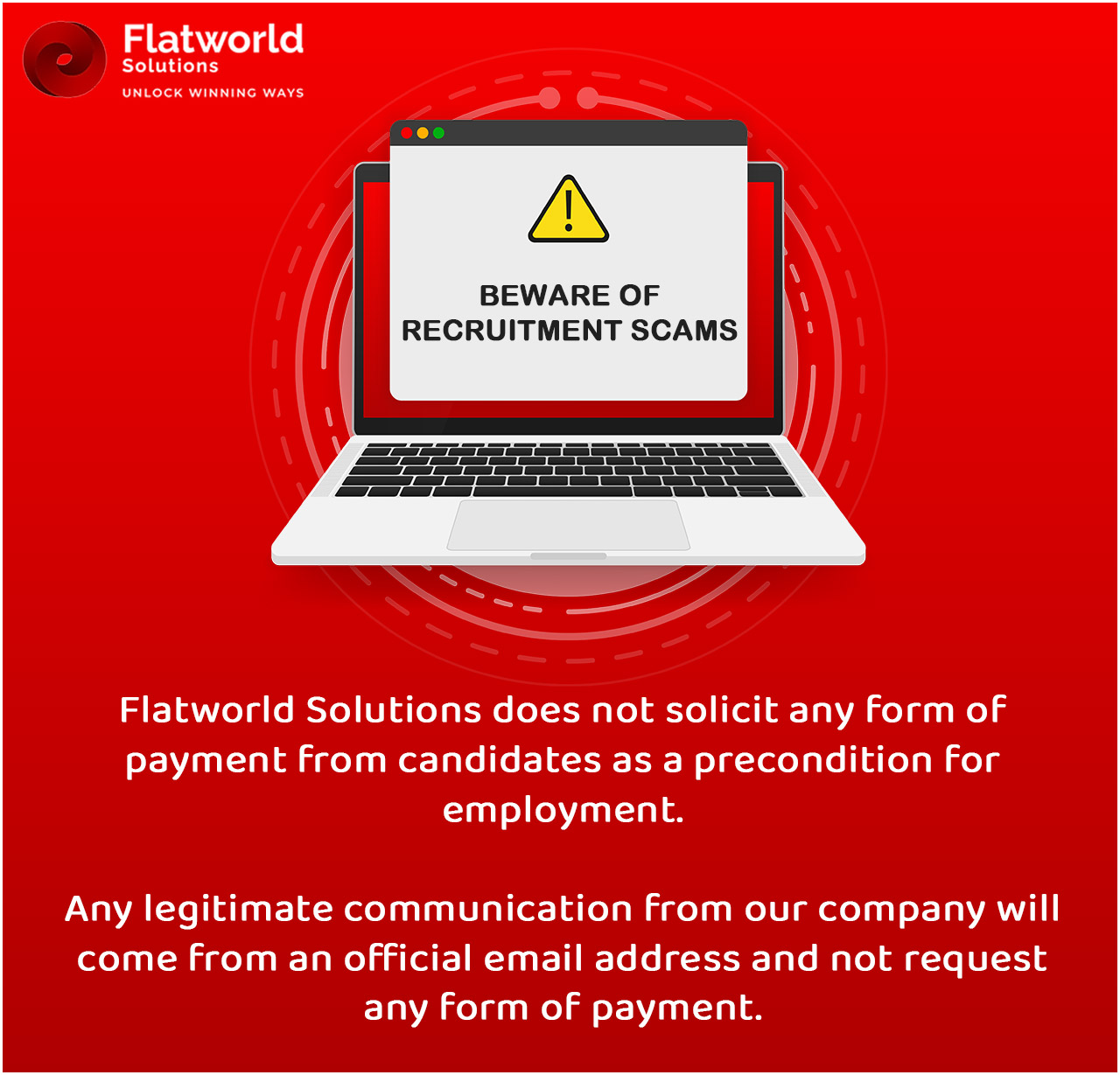In the digital transformation era,back office support outsourcing has become pivotal for operational scalability. Legacy office operations have shifted from routine tasks to strategic facilitation, with back office as a service model driving this change.
Historically, administrative roles have formed the foundation of a company's internal structure, tasked with overseeing regulatory compliance, financial affairs, and human resource management. However, many of these back office processes were fraught with inefficiencies, often due to manual interventions. The adoption of back office BPO emerged as a solution, offering cost arbitrage and access to specialized skill sets.
For instance, a back office outsourcing company like Accenture reported helping a client achieve a 40% reduction in operational costs by revamping their back office with automation and process reengineering.
The Impact of Digital Transformation on Back Office Operations
Digital transformation mandates a modernized back office. Integration with front-end services is essential for seamless data analytics and real-time decision-making. Current back office outsourcing must integrate technologies like AI, ML, and RPA to provide robust solutions. A study by Deloitte noted a 25% increase in productivity when enterprises integrated AI into their back office.
Modern outsourcing providers are tasked with process optimization and strategic insights. Back office offshoring now focuses on digital proficiency as much as cost-effectiveness. JPMorgan Chase, for example, leveraged back office modernization to enhance its risk management processes, leading to a decrease in risk incidents by over 30%.
In this transformation, back office operations have evolved from cost centers to strategic assets, crucial for agility and customer engagement.
Rethinking Traditional Back Office Functions
Traditional operational support roles are primarily characterized by manual, paper-based processes, with tasks such as data entry, record keeping, and manual reconciliation dominating the workload. Despite the intrinsic value of these processes, the shift toward digital operations is becoming increasingly essential for long-term success.
The initial step in this digital transition involves moving back office processes to the cloud, ushering in a shift from rigid legacy systems to adaptable, back office support solutions that are quick, precise, and require fewer human resources, thus allowing for swift scalability. This move is critical for businesses that seek to remain competitive in a digital marketplace.
To actualize automated and streamlined back office outsourcing services, forming a partnership with a reliable service provider is the subsequent step. While current in-house processes may excel, complexity tends to increase over time, and businesses stand to gain by leveraging a pool of expertise essential for digital readiness.
In tandem, back office business process outsourcing is experiencing its own evolution, with RPA leading the charge. This technology, especially when augmented with AI capabilities, acts as a catalyst for innovation, transforming routine backend tasks. As companies deal with an ever-changing regulatory environment, the compliance measures facilitated by back office outsourcing become crucial for maintaining organizational resilience.
Meanwhile, even as back office support companies contribute significantly to cost management, one must understand that efficient back office services are not just about cost-effectiveness; they need to be resource-optimized too, for peak performance.
Embracing Digital Transformation in Back Office Services
As we continue to modernize applications and processes, the next critical phase is integrating back office support services directly with digital transformation strategies. This step is essential for creating an agile, data-centric operational framework. Here’s how businesses can navigate this transition:
-
Cloud Migration Expertise
The expertise provided by back office support outsourcing is indispensable for a successful shift to cloud computing. This move enables businesses to tap into the cloud's scalability and efficiency, which is vital for remaining competitive in today's digital landscape.
-
Data Governance and Security
At the heart of digital transformation lies robust data governance. Ensuring the integrity and security of back office data is paramount as it forms the backbone of operational decision-making.
-
Analytics and Insights
Advanced analytics tools play a crucial role in extracting valuable insights from data. These insights inform strategic business decisions, aligning operations with market trends and customer needs.
-
Cultural Shift and Adoption
A back office support company is instrumental in managing the cultural transition towards digital tools. Through targeted change management and training, these companies aid in the adoption and effective use of new technologies.
-
Measuring Progress with SLAs
Service level agreements serve as practical benchmarks to track the advancement of digital transformation efforts. They ensure that back office functions are not just maintaining the status quo but are actively contributing to innovation and business growth.
Challenges in Back Office Digital Transformation
The complexity of back-end office support often results in migration inertia, where outdated systems resist seamless cloud integration. For efficient outsourcing, data integrity and latency represent hurdles as they ensure real-time data synchronization across distributed systems, critical for back office and front office coherence. Moreover, evolving the operating model necessitates a cultural shift within back office support companies, demanding new skills and agile practices to bridge the gap between current capabilities and digital aspirations.
Strategies to Overcome the Challenges
To successfully modernize back office operations, businesses must plan strategically and anticipate future needs. Here's how to approach the challenges:
-
Optimal Workload Placement
Choose cloud solutions that enhance back office processes through improved efficiency and cost management.
-
Business-Centric Modernization
Align back office outsourcing services with core business activities to ensure seamless digital integration.
-
Proactive Security and Compliance
Back office outsourcing providers must prioritize security and compliance in their digital frameworks to protect business integrity.
-
Comprehensive Operating Models
Implement robust governance and DevSecOps through back office outsourcing companies to support agile and innovative operations.
Starting Small and Scaling Up
Beginning the digital transformation with manageable projects enables controlled innovation and a clear assessment of added value. By enhancing a single process or system initially, you can secure immediate improvements, laying a solid foundation for further expansion. This step can be a catalyst for back office support to scale your business, demonstrating the potential for quick wins and preparing for a broader rollout.
Subsequent, incremental expansions can then seamlessly integrate back office outsourcing with front-facing operations, creating a unified digital ecosystem. This progressive strategy is particularly effective for small business back office outsourcing practices, allowing them to utilize limited resources efficiently and achieve impactful digital integration over time.
The Conclusion
In conclusion, transforming back-end operations goes beyond simple upgrades to become a strategic shift vital for sustaining and innovating businesses. Collaborating with outsourcing companies is critical for successfully maneuvering through this intricate transformation. A deliberate, stepwise approach, with an emphasis on refining processes and reinforcing security and compliance, empowers businesses to capitalize on digital transformation. As a result, back-end processes transition from mere support roles to pivotal elements that propel businesses forward in the digital marketplace.
To remain competitive, businesses must embrace professional back office support services. Enhancing back office processing support services and syncing them with customer-facing activities is crucial. The right outsourcing partner not only future-proofs your enterprise but also drives its transformation. Connect with a proven outsourcing partner today to begin reshaping your business for the digital age.
Contact Us
USA
Flatworld Solutions
116 Village Blvd, Suite 200, Princeton, NJ 08540
PHILIPPINES
Aeon Towers, J.P. Laurel Avenue, Bajada, Davao 8000
KSS Building, Buhangin Road Cor Olive Street, Davao City 8000


